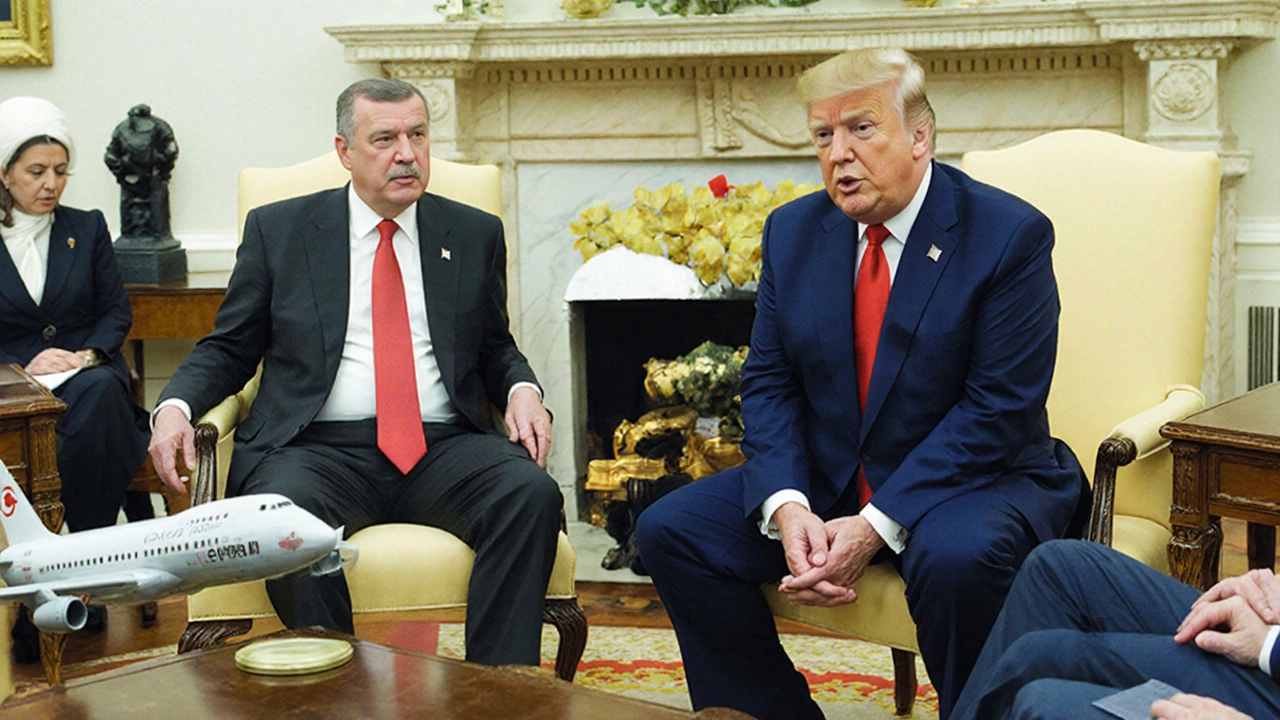Trump Presses Erdogan to End Turkey’s Russian Oil Purchases

Why Trump’s Request Matters
During a high‑stakes conversation, President Turkey Russian oil was put front and center as Trump implored Erdogan to cease buying Russian crude. For a NATO ally that sources roughly two‑thirds of its oil from Moscow, the request cuts to the heart of a strategic paradox: standing with the West while leaning heavily on a geopolitical rival for fuel.
Trump framed the issue not just as a matter of energy policy but as a question of alliance credibility. He warned that continued dependence could erode NATO’s collective resolve against Russian aggression, especially in light of ongoing conflicts in Eastern Europe.
Energy Ties, Military Tensions, and the Road Ahead
Turkey’s energy landscape is dominated by Russian supplies. In 2023, about 66% of its oil and 40% of its natural gas arrived from Russia, a fact that has sparked criticism from Washington and other allies. To illustrate the scale, consider this quick breakdown:
- Oil imports: 66% from Russia, 22% from Iraq, 12% from other sources.
- Natural gas imports: 40% from Russia, 30% from Iran, 30% from Azerbaijan and others.
The reliance on Moscow creates a diplomatic tightrope for Ankara. On the defense side, Turkey’s purchase of the Russian S‑400 air‑defense system led to its removal from the U.S.–led F‑35 fighter program, a move that cost the country access to cutting‑edge aircraft and strained ties with Washington.
When Trump was asked whether Turkey could be readmitted to the F‑35 project, he replied that it would hinge on “something Erdogan does for us,” leaving the specifics vague but signalling that future cooperation is conditional on concrete actions—likely tied to both energy diversification and the S‑400 issue.
In a bid to reduce its Russian exposure, Turkey signed a 20‑year liquefied natural gas (LNG) contract with the United States earlier this year. The deal, valued at billions of dollars, promises a steady flow of U.S. gas to Turkish ports, offering a strategic alternative to Russian pipelines.
Analysts argue that the LNG agreement could serve as leverage in future talks with Moscow, giving Ankara more bargaining power while aligning its energy portfolio closer to Western markets.
Overall, the meeting was seen as a diplomatic win for Erdogan, who avoided a more confrontational showdown. Yet the underlying issues—energy security, NATO solidarity, and defense procurement—remain unresolved, suggesting that further negotiations will be necessary to untangle Turkey’s complex web of alliances.